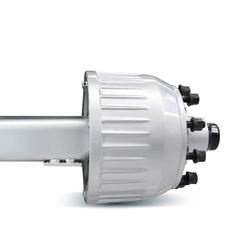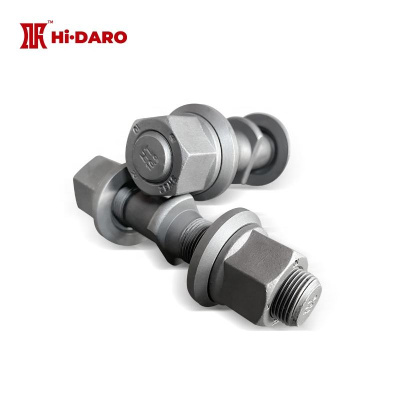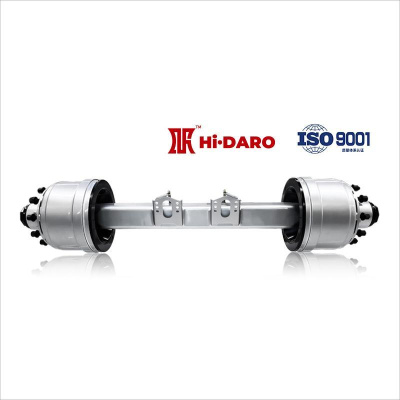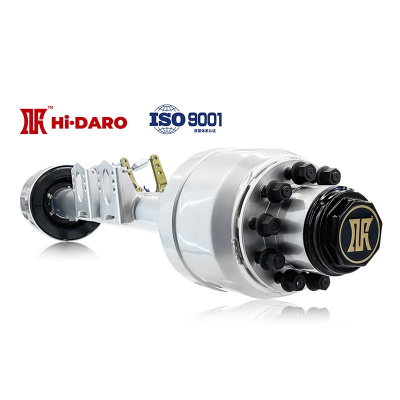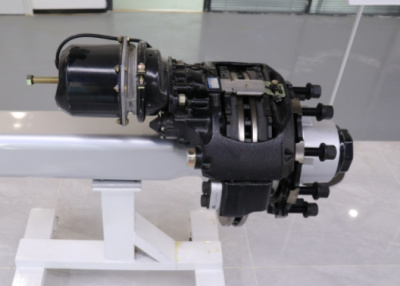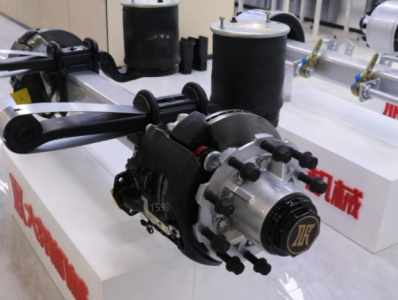These kinds of cargo transportation insurance, owners must know
Cargo insurance, also known as freight insurance, mainly aims at insuring goods in the process of transportation to deal with the loss of goods caused by natural disasters or accidents during transportation. In the actual operation, it is clear that the goods insurance has been invested, but when the goods have been lost, the insurance company has "cheated people" and does not pay.
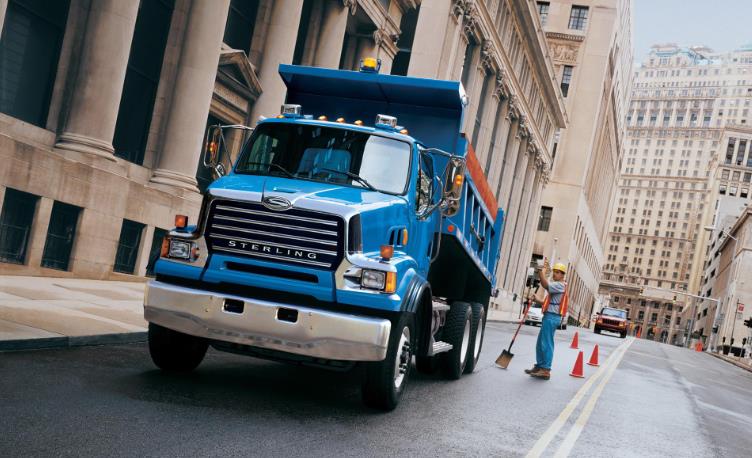
Let's take a look at a case: a car owner took the order to transport a batch of flower POTS to Yunnan Province, but on the way to Yunnan Province during the heavy rain, the vehicle accidentally slipped downhill, fortunately, there were no casualties, but the flower POTS that can be transported were almost broken in half, the loss of nearly 100,000 yuan or so. The original owner thought that the purchase of goods damage insurance, should be able to reduce a little loss, did not expect the insurance company refused to pay, because the owner of the purchase of goods damage insurance is ordinary goods, flower POTS are fragile goods, not universal.
In fact, the frequency of such cases in transportation disputes is not low. Owners think that they have paid for the insurance, and if there is a problem, there must be protection, but in fact, the insurance company has various rules and regulations, from the policy to the insurance and then to the insurance process, any one does not meet the requirements, may be more difficult to pay.
So, what should owners do to maximize the prevention of claims on the dispute? Take a look with the DARO trailer axle.
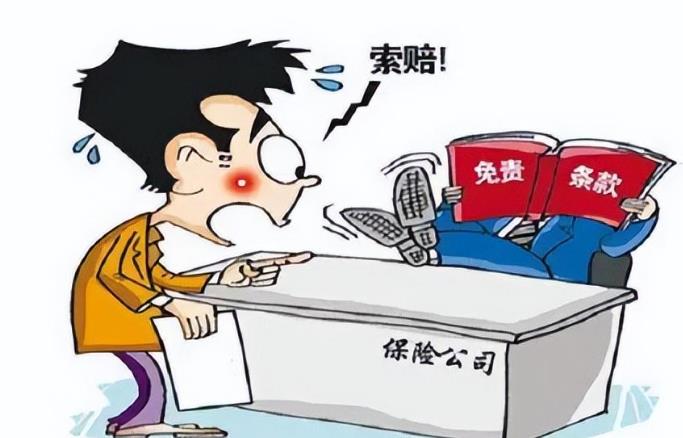
1, distinguish between "policyholder", "insured" and "insurer"
Although these three terms seem to look similar, no matter what kind of cargo liability insurance, these three words are very important. Because in the transportation of goods, each person with insurable interests can be insured, such as the owner, consignor, shipper, carrier, etc., only when the carrier is the "insured", can enjoy the various protection and risk sharing brought by insurance.
For example, in some orders, many shippers or enterprises will deduct hundreds of dollars in the owner's freight, called security fees or insurance, the owner may think that the owner bought cargo insurance, if there is a real cargo damage, they can also be protected, so they will accept. But in fact, if the "insured" column is filled by the owner, not the owner, then once the goods have a problem, the owner is likely to be held accountable by the insurance company and compensate for the loss of goods. Although the so-called safety fee or insurance is still deducted from the owner's freight. But it's basically making other people's wedding dresses.
2, distinguish between "basic insurance" and "all insurance"
For the transportation liability insurance of goods, it can be divided into basic insurance, comprehensive insurance and additional robbery clauses. Under normal circumstances, the scope of comprehensive insurance protection is more comprehensive, and it can be purchased directly on some freight platforms and freight insurance platforms. If the insurance company specifically states that the coverage only applies to point-to-point logistics transportation, then less-than-carload transportation generally cannot be directly insured.
At present, many insurance companies will steal, grab a class of protection clauses into the additional clauses of comprehensive insurance, the overall sales, of course, the specific depends on the detailed provisions of the insurance company. In addition, theft insurance can also be purchased separately through the freight platform or online insurance platform.
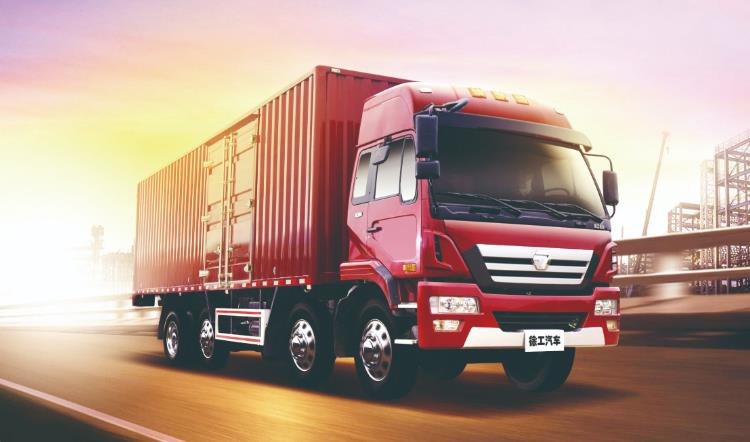
3. Understand the insurance reporting process
① Report the incident in time and retain evidence
If the goods are lost due to accidents, spontaneous combustion, weather and other factors, the first time should be reported to the traffic police or fire department, and contact the insurance company to determine the location of the incident, the time of the incident, the cause, the vehicle, the value of the damaged goods, etc., must remember to retain on-site evidence by taking photos or videos.
② Prepare claim materials
Under normal circumstances, claims materials mainly cover: Original or clear photos of the contract of transport/agreement, photos of the goods damaged at the scene of the accident, proof of the value of the goods (invoice, contract), driving license + driving license + road transport license photos, accident confirmation, payment vouchers and debit vouchers, copies of the business license of the insured + ID card + bank account number, etc., if the claim is made by the non-insured, you also need to provide authorization and other materials.
③ Claim payment and close the case
In the case of no dispute, enter the normal claim application stage. Most of this stage is the preparation and supplement of claims materials. It should be noted that the general insurance of the goods damage will have a deductible, refers to the amount of deductible, within the specified amount, the insured needs to bear the loss, the insurer is not responsible for compensation, in the goods damage insurance terms will also indicate the deductible and the deductible rate.
4, distinguish the type of goods
There are many kinds of goods, and the risk of damage cannot be generalized. In general, when buying general cargo damage insurance, detailed terms will be displayed to indicate the type of goods covered by the insurance, and the owner must read it carefully.
Fragile goods are not covered by most general all risks unless otherwise agreed upon. Under normal circumstances, general cargo insurance is used for general cargo basic insurance and comprehensive insurance, fresh fruit and vegetable transport insurance is used for vegetables, fruits, livestock, poultry and fish, fragile goods transport insurance is used for glass, ceramics and other fragile goods, commercial vehicle transport insurance is used for the transport of commodity passenger cars, used cars.
For freight owners, auto insurance, freight insurance is a means to reduce risk, buy the right type of insurance can maximize the prevention of spending money but can not settle claims. If you know other "pit prevention" experience in auto insurance and freight insurance, welcome to leave a message in the comment area, we will exchange and discuss together.
